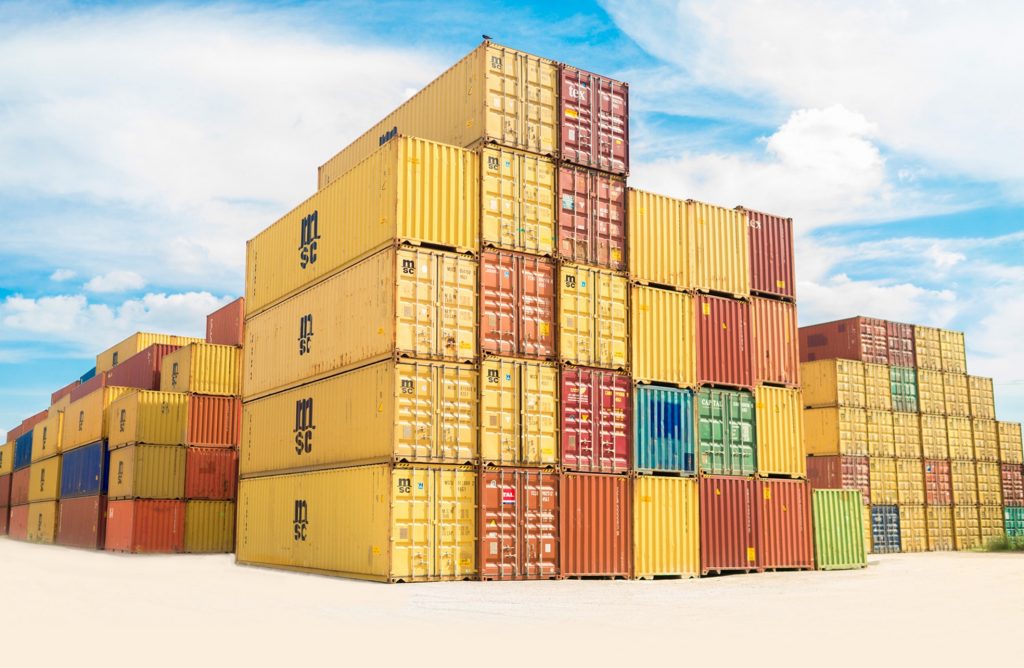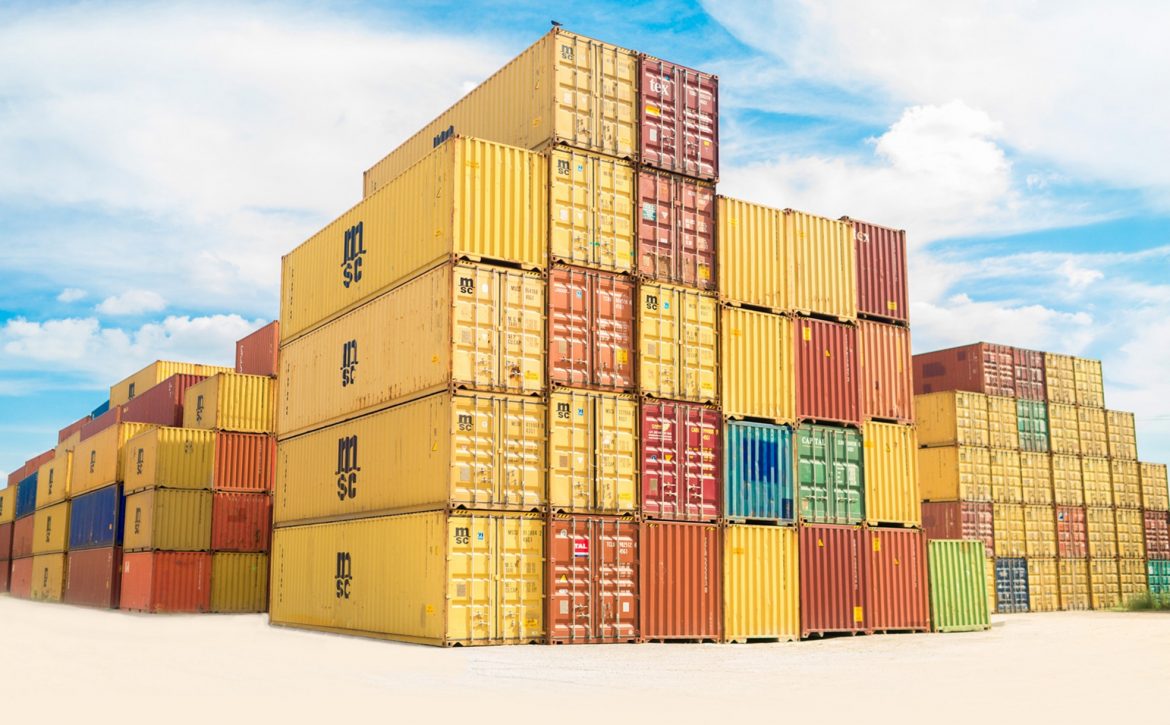The Role of Artificial Intelligence in Logistics
A Brief Look at the Role of Artificial Intelligence in Logistics
Modern businesses rely a lot upon a good logistics system. Keeping up with the sheer volume of business that companies deal with today doesn’t make things any easier. This is where all the automated goodness of AI plays a major role as a disruptor. Given the expanse of functions within the logistics industry, it is no doubt that there is a lot that AI could do and to a great extent is already doing.
For the logistics industry, the journey has been long and eventful, starting in the early days of pioneers looking for trade routes to procure tea and spices. At this juncture of the 21st century, however, logistics has evolved to its fullest as far as infrastructure is concerned. Furthermore, there are very few industries today that does not apply logistics in one form or the other. There are quite a few aspects of logistics that AI could be applied to. Here are a few areas where artificial intelligence is applied in logistics.

Automating Transport Management
The heart and soul of the logistics industry is transport. Without transport, every other process in logistics is just redundant. While the 20th century could make do with paper and ledger based management systems, transport in the 21st century requires a giant leap. This is where AI’s role is pretty cut and dry. Before getting into AI’s role in transport management, we need to address the current scenario surrounding this technology. Transport being a rather physical function, most logistics companies address it as such and consider it quite a priority and with good reason. There are several hassles and risks involved with transportation which go beyond the pen and paper strategies devised in offices. This is the reason why most companies leave the data based technological bits to third-party logistics companies or 3PLs. This has slowed down the widespread adoption of technology in general.
This trend of outsourcing technological details to 3PLs has also limited the influence of mobile technology which plays a huge role in AI-based applications. So, coming back to automation, the advancements made in optimizing transport management has been monumental. As far as AI in transport management is concerned, the idea is to automate as much of the entire process as possible. And to this end, there are quite a few remarkable devices and applications out there.
1. Live Tracking
The fast pace at which the world moves today demands fast systems for anything and everything to cope with our lifestyle. In logistics live tracking has been quite a disruptor. There are several automated tracking applications for all platform that collect and relay a lot of vital data. From scheduling trips to providing live updates of the cargo’s position, AI-based applications ensure an open and intuitive line of communication between the bases and mobile units. Even information such as traffic, potential delays and so on are relayed using predictive analysis. Furthermore, advancements in the mobile industry and the level of simplicity they have facilitated therein have inspired various businesses to onshore many of their processes pertaining to this. Online retail companies such as eBay, Amazon and so on have already adopted this technology on a rather comprehensive level with their management capabilities going down to the door level.
2. Advanced Black Boxes
Black boxes in trucks have received an overhaul as well. Advanced back boxes provide a great deal of support for the operating companies as well as drivers. These devices are capable of collecting information such as engine temperature, the status of the load, tire pressure and so on. Despite their fundamental purpose as a disaster recording tool, these black boxes make this data analyzable in real time and allow operators to monitor and manage their transport systems well. Similar advancements have been made in the systems of cargo ships and airplanes along with advanced automated navigational tools.
WorkFlow and Process Automation
While transport is a major aspect of logistics, it is still just a part of a larger process comprised of several smaller processes. These are the processes where AI could manifest into more cognitive and at times even physical forms. There are various manual processes which take thousands of man-hours to get through, and after all that could still yield various levels of errors. Here are a few of those processes that have been optimized by AI.
1. Warehouse Management
Ask anyone who has worked in a warehouse and they will tell you how hectic the schedule there is. The volume of loading and unloading that take place alone is enough to drive Rain Man and John Nash crazy. Loading and unloading then again are just the tip of the iceberg. AI in warehouse management has simplified many of these processes. The use of AI-based sorting and labeling systems have allowed logistics companies to speed up these processes and minimized the margin of error.
2. Scheduling
The AI systems in logistics today are also capable of scheduling various tasks within the entire process. Automation of planning and scheduling is something that has revolutionized logistics. AI systems, based on various warehouse itinerary data schedule the transportation, organize pipelines for cargos, assign and manage various employees to particular stations and so on. Apart from the obvious con of potential layoffs, this particular application of AI in warehouses has facilitated a faster network for logistics processes.
3. Robots
While AI’s application in logistics has been in a minimalistic way to various mundane tasks, one of the most pronounced applications has been that of robots. Despite the constant opposition from various scholars and trade unions, robotics has been applied to a great extent in all fields and logistics has not been spared in the least. From working in warehouses to transferring freight at cargo airports, robots have their work cut out for them and they are doing it at speeds their flesh and blood counterparts could never achieve.
Conclusion
Despite the slow rate of progress in adopting AI as a logistics tool, the technology is slowly but surely seeping into the system. Machine learning has further allowed investors with a broader outlook on how AI could revolutionize logistics just as it has done in many other verticals. The issue that surrounds AI now is not lack of optimization but the dilemma of having to divert time towards setting it up. This in today’s context makes sense as most companies shy away from investing in newer technologies unless a dire need for it is presented.



